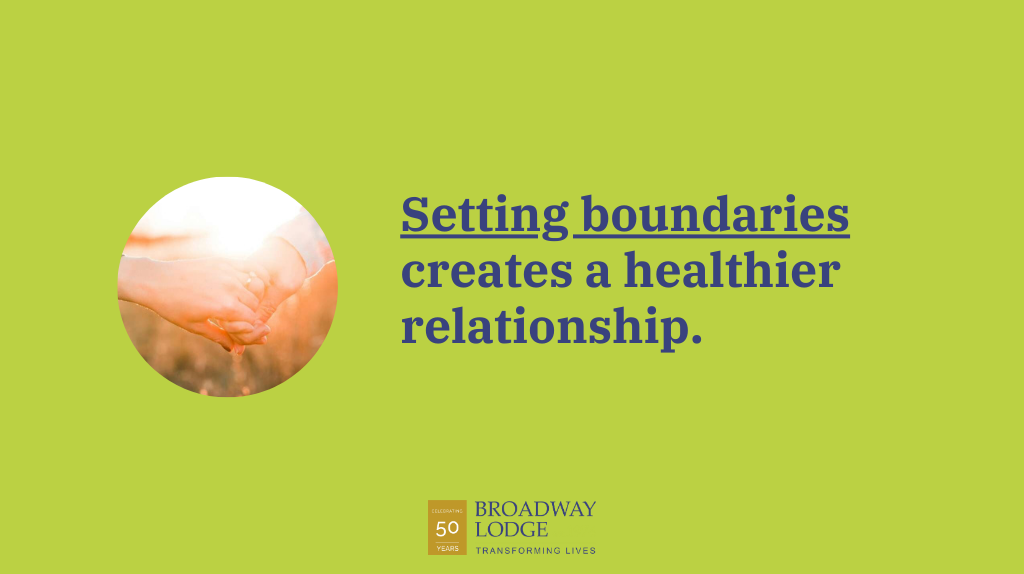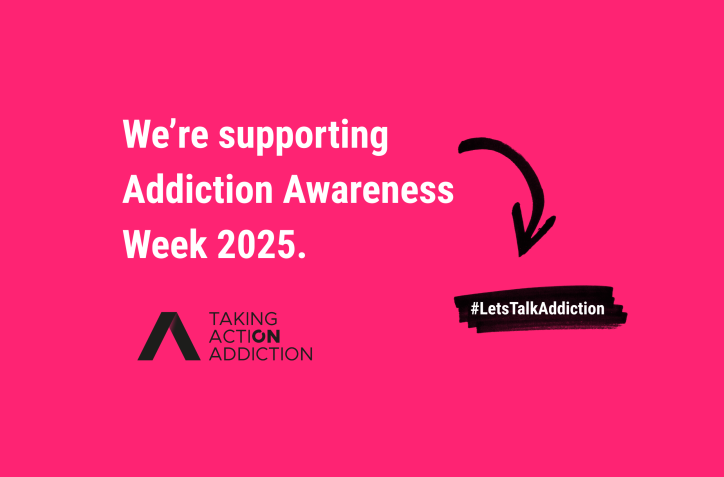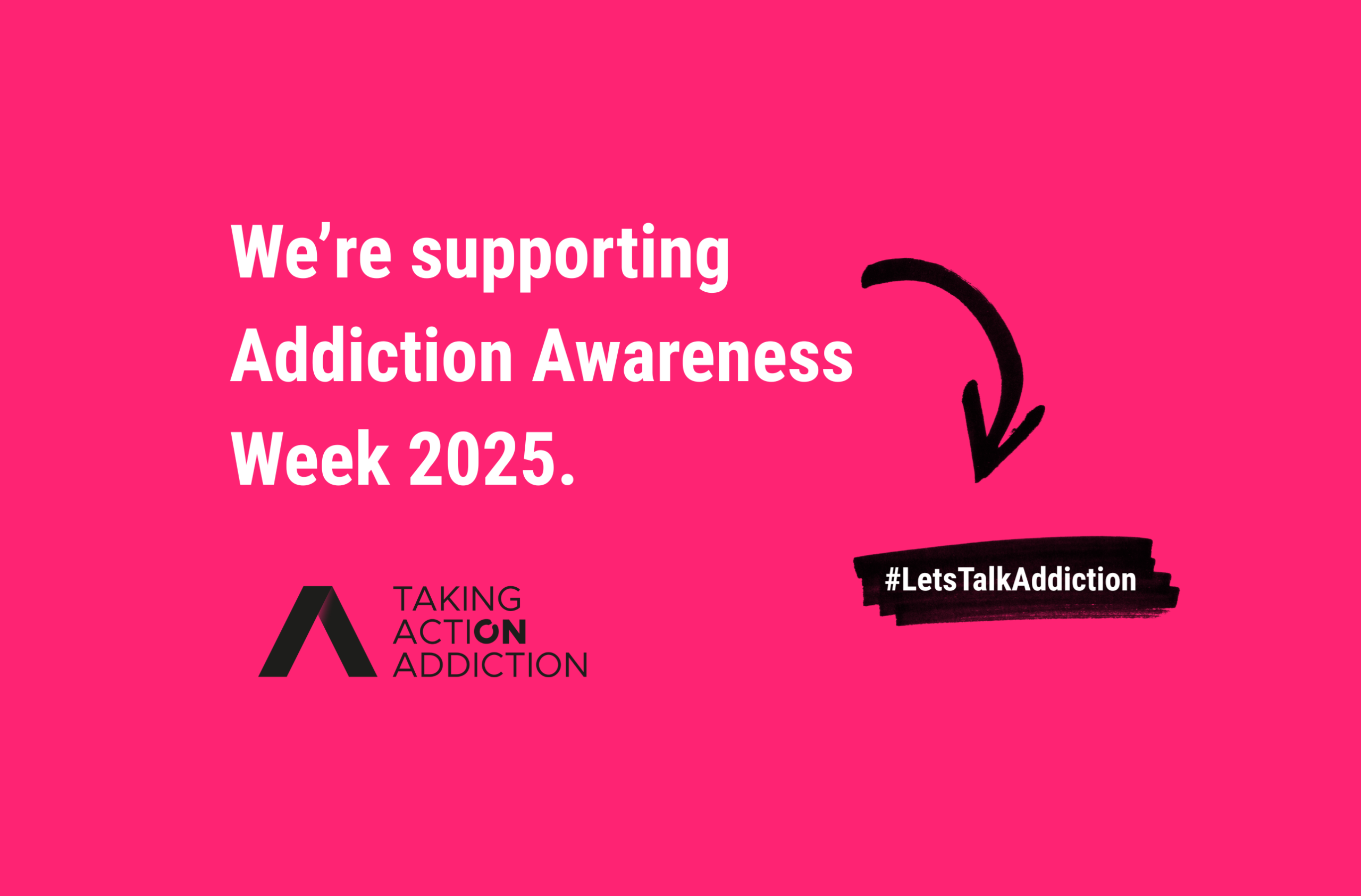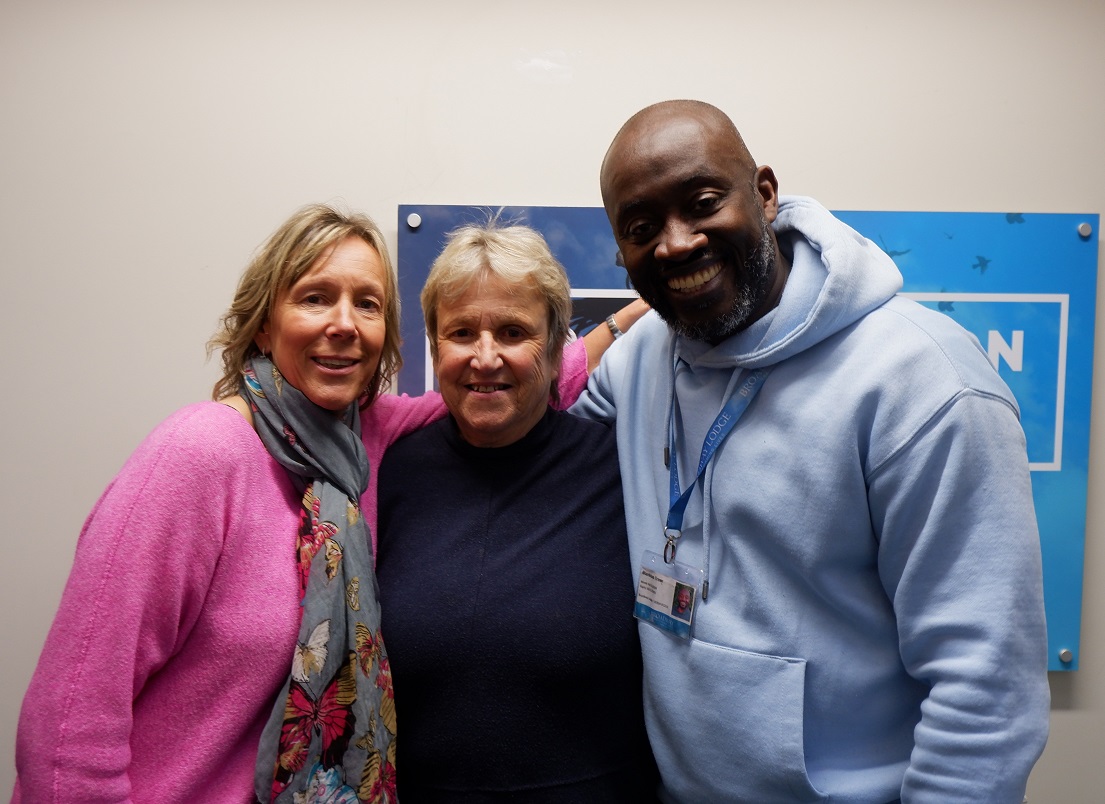Setting boundaries protects emotional energy and promotes healthy relationships in addiction recovery.
Encourage accountability and limit triggers while seeking professional support when necessary.
Supporting a loved one through their recovery journey from addiction, especially in the early stages, can be both rewarding and tiring. It’s a delicate balance of empathy, patience and tough love. One of the most crucial aspects of this support is setting healthy boundaries. By creating clear and compassionate boundaries, you can protect your emotional energy and ensure a supportive environment for your loved one.
Why boundary setting is important
Boundaries serve as a protective measure for both you and your loved one. They help maintain a sense of normalcy and control, preventing a situation from becoming overwhelming. Setting boundaries also fosters a healthier relationship by reducing resentment and ensuring that your needs are met. Here are the key reasons for boundary setting:
- Protect your emotional energy: Supporting someone in recovery can be emotionally draining. Boundaries help prevent burnout.
- Promote responsibility: Encouraging your loved one to take responsibility for their actions is a critical part of their recovery process.
- Maintain healthy relationships: Clear boundaries can reduce conflict and build trust.
Examples of healthy boundaries
1. Establish clear communication guidelines
Effective communication is the backbone of any supportive relationship. Set expectations about when and how you will communicate with your loved one.
Example: “I am here for you, but I need to have some time for myself. Let’s check in with each other every evening instead of multiple times throughout the day.”
2. Set limits on financial support
Financial boundaries are essential to prevent enabling behaviours. Make it clear what kind of financial support, if any, you are willing to provide.
Example: “I can’t give you money, but I can help you find resources for financial assistance or budget planning.”
3. Define personal space and time
Your personal space and time are invaluable. Make sure your loved one understands that you need time to recharge and focus on your own well-being.
Example: “I need some quiet time in the evenings to unwind. Let’s make sure we respect each other’s need for personal space.”
4. Encourage accountability
Encouraging accountability helps your loved one take ownership of their recovery. Set expectations about honesty and transparency.
Example: “I need you to be honest with me about your progress. If you relapse, let’s talk about it openly so we can find a solution together.”
5. Limit exposure to triggers
Help create an environment that supports recovery by limiting exposure to triggers. This might involve setting boundaries about what activities or environments are acceptable.
Example: “I understand that social gatherings can be challenging. Let’s find activities that don’t involve alcohol or other substances.”
6. Seek professional help
Set a boundary around the type of support you can offer, and encourage seeking professional help when necessary.
Example: “I’m here to support you emotionally, but I believe a therapist can provide the professional guidance you need.”
Setting boundaries is an act of love and respect for both yourself and your loved one recovering from addiction. It helps maintain your emotional energy and ensures that your support is sustainable. Remember, it’s okay to prioritise your well-being while being there for someone else.
If you’re looking for more guidance on supporting a loved one through addiction recovery then see our support for loved ones here which includes details about our one-day, educational and supportive Online Family Programme sessions.











